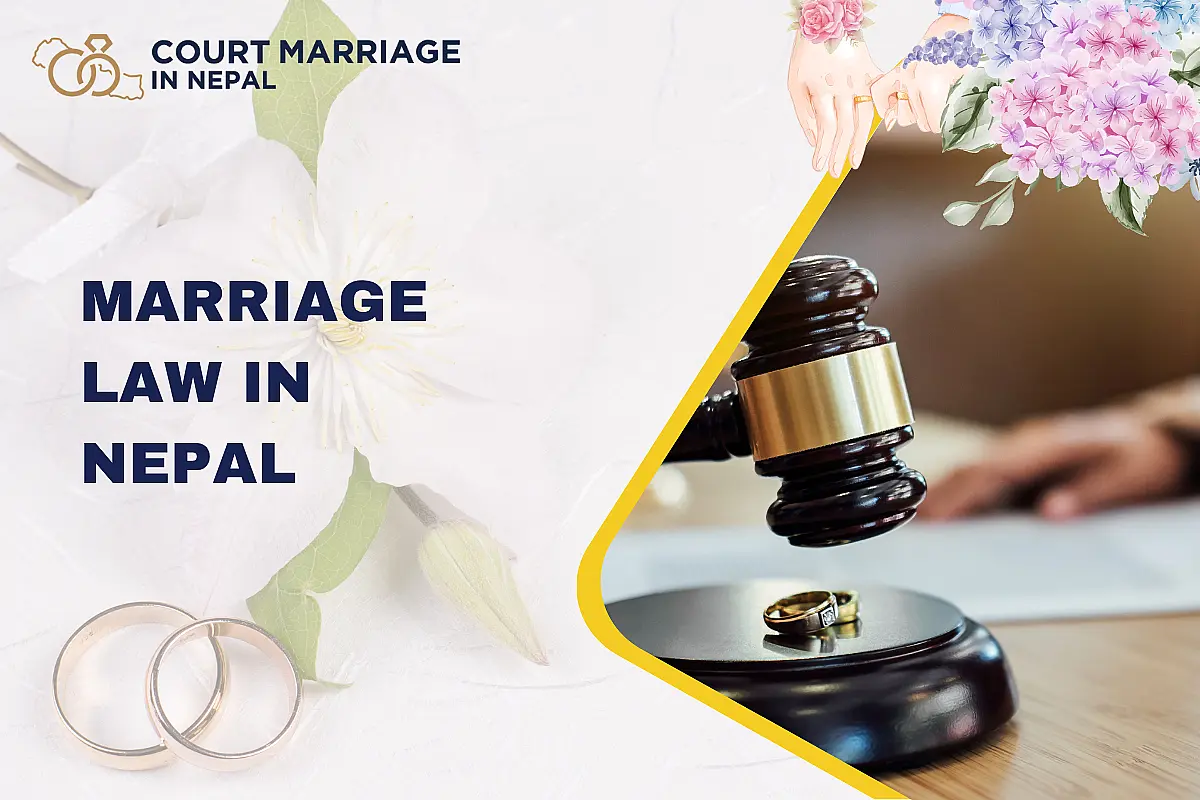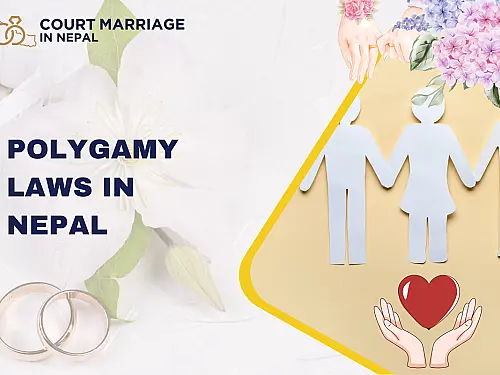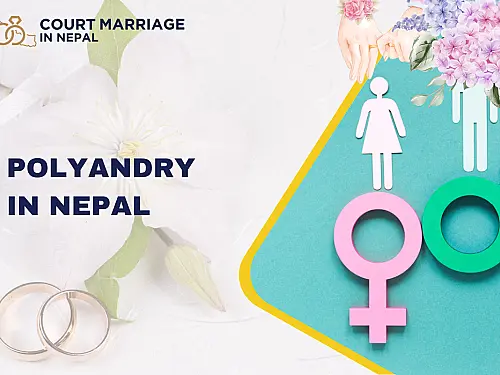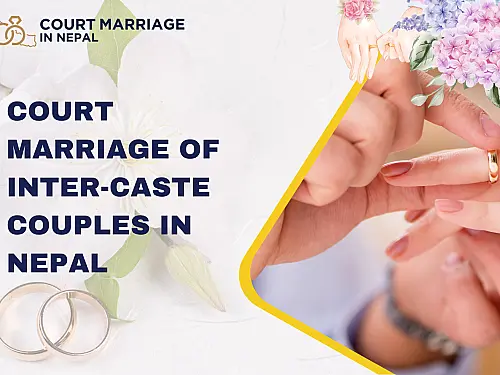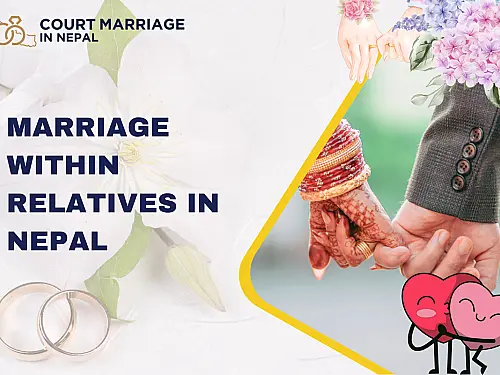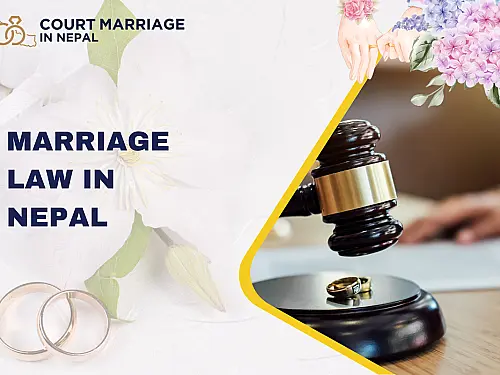Table of Contents
Marriage is a major life event — emotionally, socially, and legally. In Nepal, tying the knot is more than just a cultural or religious act. It’s a legal process governed by well-defined laws that ensure the rights of both spouses are protected. Whether you’re planning a court marriage, traditional wedding, or marrying a foreign partner, understanding the marriage law in Nepal is crucial.
This comprehensive guide explains Nepal’s current marriage laws under the Muluki Civil Code 2074, legal eligibility, registration procedures, foreign marriage rules, and what happens if things go wrong.
Legal Framework: Marriage Law Under Muluki Civil Code 2074
The Muluki Civil Code 2074 (2017) is the primary legislation governing marriage in Nepal. It replaced the older Muluki Ain and introduced modern standards that align more closely with constitutional values like equality, non-discrimination, and legal clarity.
Sections 67 to 84 govern:
Definitions and conditions for legal marriage
Age and consent requirements
Provisions for registration, dispute resolution, and divorce
Types of Legal Marriages in Nepal
Nepal recognizes two main forms of marriage:
1. Court Marriage (Civil Marriage)
A formal process done at the District Court, where both parties agree to marry based on mutual consent. It’s the most legally sound and popular method for:
Interfaith couples
Inter-caste unions
Foreigners marrying Nepali citizens
2. Traditional or Religious Marriage
Marriage done through Hindu, Muslim, Christian, Buddhist, or other customary ceremonies. While valid, these must be registered afterward at the Ward Office for legal recognition.
Important: Only registered marriages are legally valid under Section 73 of the Civil Code.
Legal Eligibility to Marry in Nepal
To get married in Nepal, both parties must fulfill the following conditions:
Minimum age: 20 years for both men and women (with or without parental consent)
Both must be unmarried, divorced, or widowed
Must not be related within restricted degrees of kinship
Must marry with free and informed consent
Mandatory Marriage Registration
According to Section 73 of the Civil Code, marriage must be registered either:
At the District Court (court marriage)
Or the Ward Office (after traditional marriage)
Failure to register means the marriage has no legal status, affecting rights to property, inheritance, child custody, or visa processes.
Marriage Registration Process in Nepal
Court Marriage
Best For: Inter-caste, interfaith, urgent, or foreign marriages
Steps:
Collect documents (citizenship, single status certificate, photos)
Visit the District Court with two witnesses
Attend a hearing before a judge
Get the certificate in 1–2 working days
Ward Office Registration
Best For: Post-traditional marriages
Steps:
Submit marriage photos/videos, witness names, and form
Provide citizenship of both parties and single status letter
Marriage certificate issued within 1–3 days
Marrying a Foreigner in Nepal
Nepal allows marriage with foreign nationals, but additional documents are required:
For the Foreigner:
Valid passport with Nepali visa
No Objection Certificate (NOC) from their embassy
15-day residence letter from local ward
Translated & notarized marriage law of their country
Once complete, the foreigner and Nepali partner can marry via court or register a traditional ceremony at the ward.
Note: Same sex marriage is not registered by the courts in Nepal. Rather, it could be registered in the ward office by conducting a religious ceremony as of April 2025.
Special Marriage Cases Under Nepal Law
Interfaith Marriages
Permitted and protected under court marriage law. No religious conversion is required.
Second Marriages
Only allowed if:
Previous spouse is deceased
A legal divorce is finalized
Consent is given by court (in polygamy-related exceptions)
Live-in Relationships
Not explicitly illegal, but not protected under marriage law unless registered.
Same-sex marriage
Not yet legalized, but a constitutional review is pending in the Supreme Court.
Legal Services and Support in Nepal
Hiring a marriage lawyer or family law advocate is recommended in the following cases:
Marrying a foreign national
Drafting pre-marital contracts
Settling property disputes
Contesting custody or filing for divorce
Legal aid is also available through:
Nepal Bar Association
Law clinics in Kathmandu
NGOs for women’s and migrant rights
Key Takeaways
Marriage registration is mandatory for all marriages in Nepal — including traditional ones.
Foreigners can marry in Nepal but need embassy verification and a residence certificate.
The legal minimum age for marriage is 20 years, and no marriage is valid without consent.
Court marriage is the most secure and fastest route, especially for interfaith or mixed-nationality couples.
Property, custody, and marital disputes are handled by District Courts under the Muluki Civil Code.
Final Words
Nepal’s marriage law in 2025 balances tradition with legal accountability. Whether you're getting married through a grand ceremony or a quiet court process, your marriage needs legal recognition to protect your rights and responsibilities.
Need help navigating court paperwork, foreign marriage procedures, or post-marriage disputes? Consulting a qualified marriage lawyer in Nepal can make the difference between confusion and clarity.
Let love lead — and let the law follow.
Frequently Asked Questions
At Court Marriage In Nepal, a registered law firm operating as Court Marriage In Nepal Pvt. Ltd., we specialize exclusively in Court Marriage Nepal. As the first law firm in Nepal dedicated to court marriage services, we assist both Nepali citizens and foreign nationals with the court marriage registration process in Nepal, including complete legal support for court marriage registration for foreign citizens in Nepal. As a trusted marriage firm in Nepal and a licensed law firm in Nepal, we ensure a smooth, lawful, and stress-free experience. Contact us today for confidential assistance with court marriage registration in Nepal.

